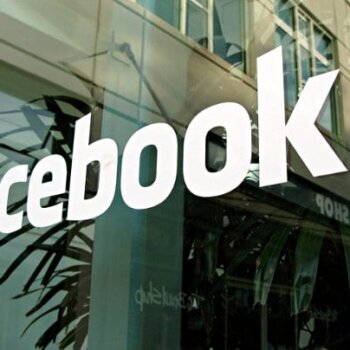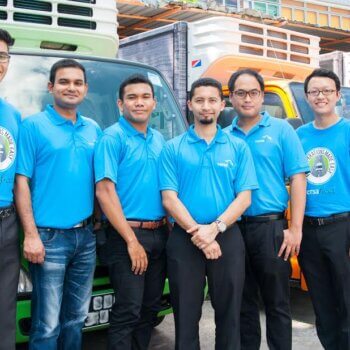Having a thread about internships going on and I am realizing how long I’ve been having this conversation, but nothing has changed.
1. Two months of internship isn’t useful at all. It takes about 3-4 weeks for anyone to get inducted into a work environment, and another 2-3 weeks to transition out. And these interns take a few days off in between. What’s left?
2. Its good exposure for the interns, because its the first exposure of a real work environment – and unlike a large company, you cant chillax in a startup. You feel the grind and its helpful. However it is one-sided. Startups train them, but don’t get productive work out of them.
3. The ideal scenario is six months. As a rule (after years of experimenting with this in my stint in IIT), we took a call that internship to be meaningful has to be a min of six months.
4. If it is going to be this two month stuff, every other sector apart from IT and startups have evolved to call it “Industry awareness program” and they charge the interns. I think thats fair.
5. I wish universities – like some are experimenting – will allow the students to take six months to a year off in between to go actually do some work – or figure life out. The employability ratio will increase in graduates.
6. The worst is when the colleges / placement offices assign an intern during their project year. You are a startup. You have one product. And at the end of it, the student would want to publish the source code that he/she worked on – and that becomes a point of contention. Also because publishing that code means, the university owns that code (standard agreement when project work is done). Some startups cook up some new project that these students can showcase for their projects, but that also ends up being unfair.





























